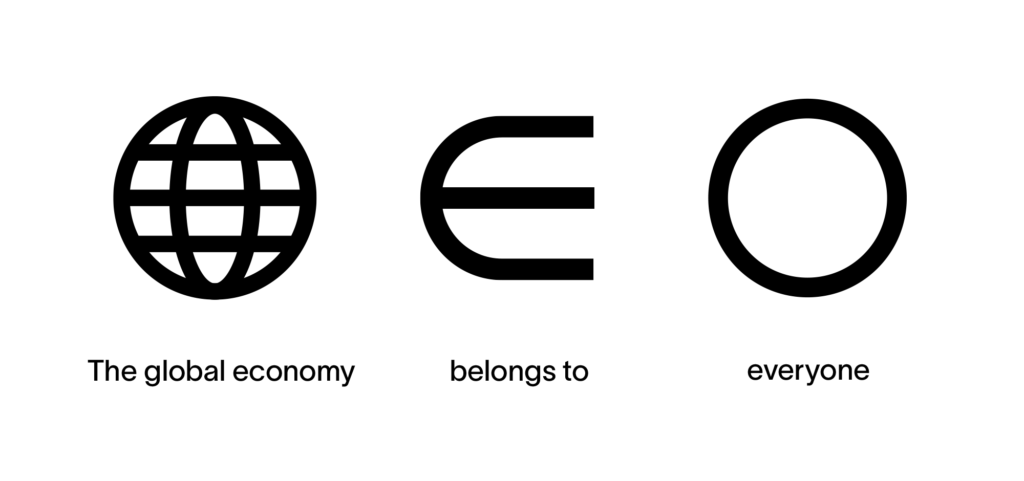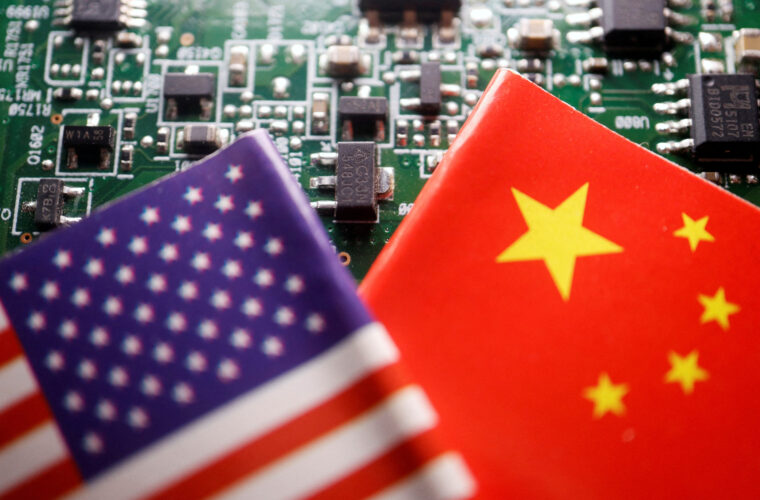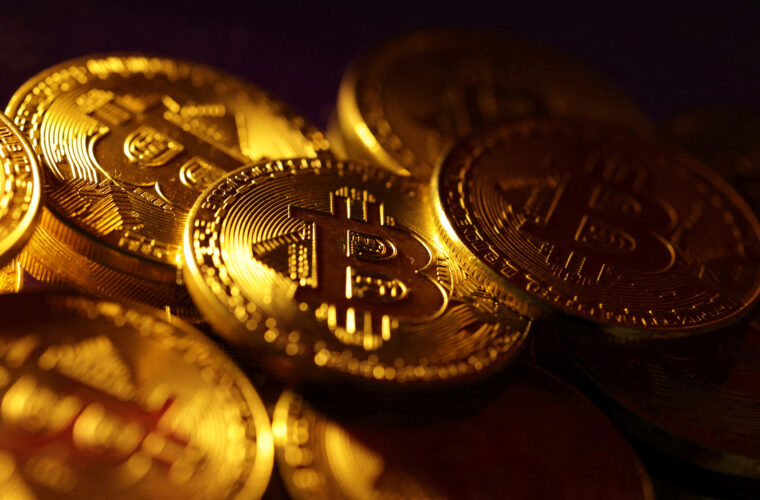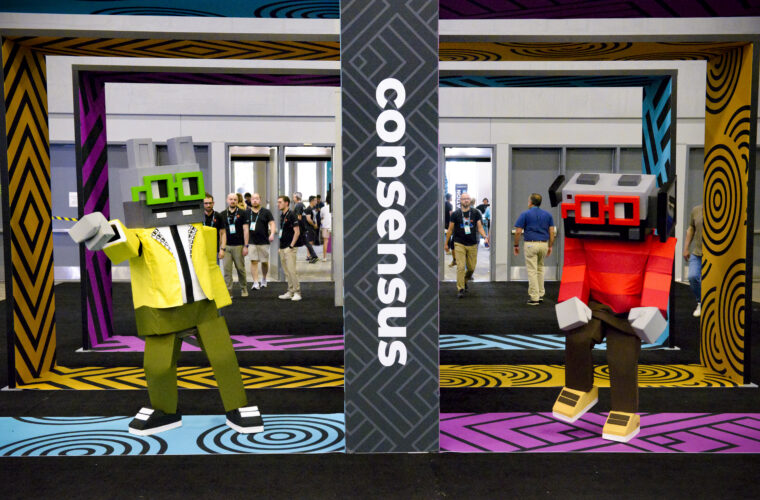In July 2023, OpenAI’s CEO Sam Altman launched a new cryptocurrency named “Worldcoin” after three years of development. With the company introducing widely-known artificial intelligence-assisted products, such as ChatGPT, the crypto has seen significant growth since the official launch, priced at below US$1.
Recent OpenAI projects have accelerated its performance amongst competitors, rising by over 190 per cent between 12 and 19 February. Its native wallet application, “World App”, also saw over 1 million daily users on Monday. Many are now wondering if the company can keep the momentum going with their digital asset project, especially since their release of the text-to-video AI tool “Sora” last week.
What Is Worldcoin anyways?
The name “Worldcoin” can be referred to two things. One is the crypto token abbreviated as WLD, and the other is the digital identification platform that supports digital asset transactions. The developer of Worldcoin, however, is a start-up named “Tools for Humanity”, founded by Altman.
The Worldcoin project aims to resolve the pain point of identifying human actions in the flood of AI-generated content, including texts, artworks, and other online activities. Through its platform, Tools for Humanity offers a digital passport that users can prove their identity based on so-called “proof of personhood”. Last July, Altman wrote on X (formerly known as Twitter): “This feels especially important in the AI era. I’m hopeful Worldcoin can contribute to conversations about how we share access, benefits, and governance of future AI systems.”
Altman’s platform garnered media attention last year when the company introduced its method of human verification: iris scanning. Verified users on Worldcoin have scanned their eyes via the company’s device named “Orb“, which can “validate a person’s humanness locally” on the unit without secondary uploads to private servers. After scanning, users can move on to making personal identification codes, which are saved on a decentralised blockchain. These Orbs can be found at stations in cities worldwide, and the company previously announced its plan to have more than 1,500 walk-in verification stations across 20 countries.
According to Tools for Humanity, its app has more than 16 million users today, including 2 million people who registered during the beta testing period.
People’s reaction
Dozens of walk-in centres where users can verify their “humanhood” via Orbs operate in Asia: 17 in Japan, 10 in South Korea, and 9 in Singapore. There are no specific numbers of daily visitors per station, but a report said about 30 to 40 people came for human verification shortly after the launch in 2023.

In South Korea, Chain Partners, a Seoul-based Web 3 and AI-powered product builder, has been leading in publicising Worldcoin. The company – selected as the developer of the updated version of the Worldcoin project’s Orbs in December 2023 – held pop-up stores with Orb stations in Seoul and Pangyo, Gyeonggi Province in February 2024. The public’s reception does not seem so bad: Chain Partners told the press that more than 100 people visited the Seoul pop-up store every day. Meanwhile, in Japan, some posts with pictures of limited merchandise that people obtained from their visits to in-person Orb stations.
The price of Worldcoin is also seeing some significant increase in Asia. On 22 February, Worldcoin was the token with the most crucial number of transactions within 24 hours on the South Korean crypto exchange Bithumb, recording over 242 billion won ($US 182 million).
Although most reviews of Worldcoin seem to be good in general, there are still concerns about protecting personal privacy in the humanhood verification process.
Some suggest that the earlier version of Orb had issues with the scan of Asian people as well, in which the device told users to “open your eyes” repeatedly. A former employee of Worldcoin told Forbes that the error in scanning Asian people’s eyes could be from Orb being trained on less diverse eye data, with most coming from white or Black people’s eyes.



